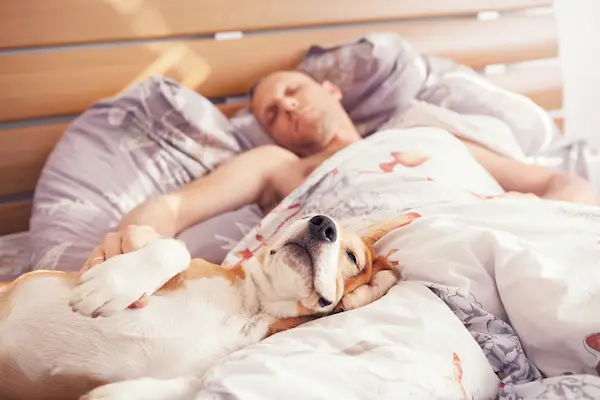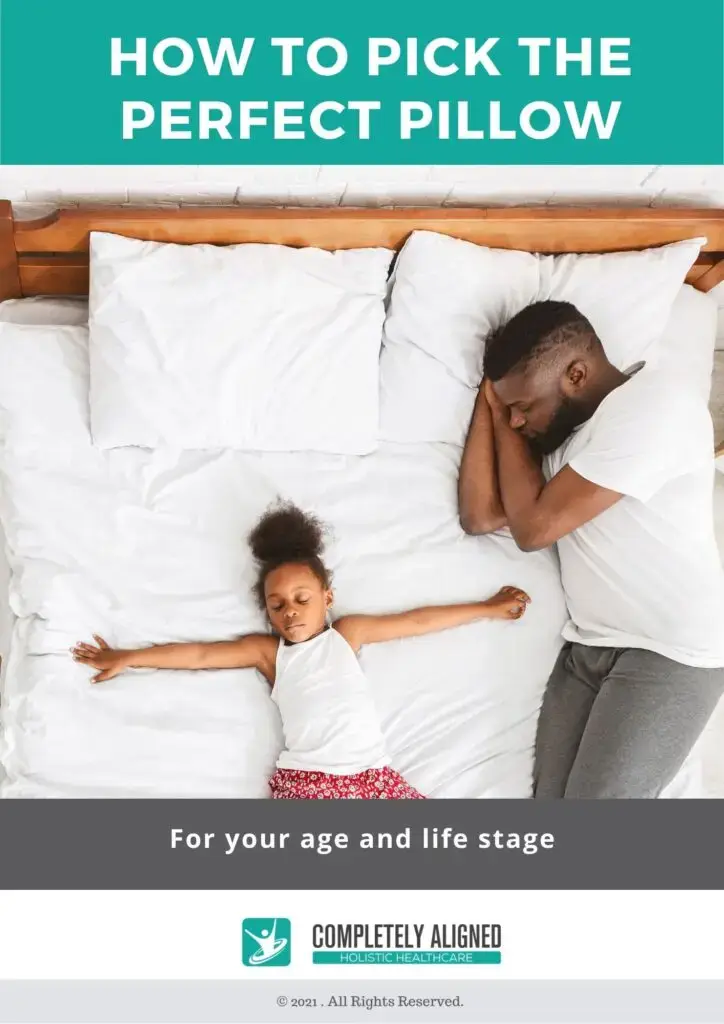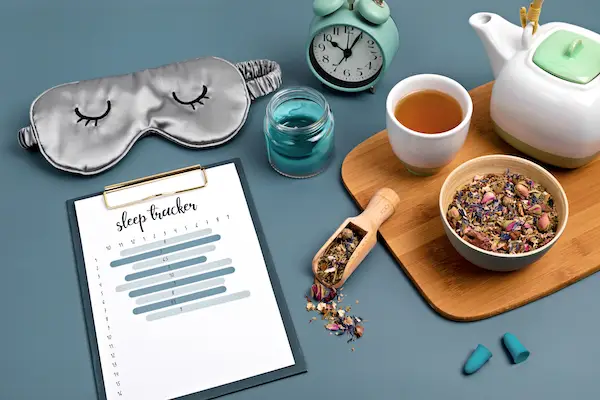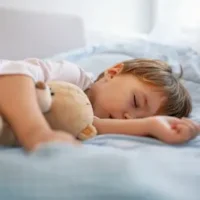Sleep hygiene is the term used to describe good sleep habits. Improving your sleeping hygiene is one easiest ways to help ensure a better night’s sleep. Good sleep hygiene means guaranteeing that your bedroom environment and daily/night-time routines promote consistent, uninterrupted sleep. Creating optimal “sleep hygiene” should be individualised to you and include: keeping a stable sleep schedule, making your bedroom comfortable and free of disruptions, following a relaxing pre-bed routine, and building healthy habits during the day.
Good quality sleep is important for both your physical and mental health, as well as your overall quality of life. Significant research has gone into developing guidelines and tips designed to enhance good sleep, and there is high-quality evidence to suggest that these strategies can provide long-term solutions to sleep difficulties.

What Are Signs of Poor Sleep Hygiene?
- Having a hard time falling asleep,
- Experiencing frequent sleep disturbances,
- Suffering daytime sleepiness
- Overall lack of consistency in sleep quantity or quality
How Do You Practice Good Sleep Hygiene?
Good sleep hygiene is all about putting yourself in the best position to sleep well each and every night. Optimizing your sleep schedule, pre-bed routine, and daily routines is part of harnessing habits to make quality sleep feel more automatic. At the same time, creating a pleasant bedroom environment can be an invitation to relax and doze off.
It is important to note that improving sleep hygiene will not always resolve sleeping problems, individuals with serious insomnia or sleep disorders like obstructive sleep apnoea may benefit from better sleep hygiene, but usually in conjunction with other treatments. If you have long-lasting or severe sleeping problems or daytime sleepiness, it’s best to talk with a doctor who can recommend the most appropriate course of treatment.
Tips for good sleep hygiene:
1. Have a regular sleep schedule:
- Going to bed and waking up at the same time helps set your body’s internal clock’ to expect helping you keep a healthy routine. Keep it within a 20-minute window of the same time every night as consistent sleep can also help reduce daytime sleepiness.
2. Keep day-time naps to a minimum:
- We all need a certain amount of sleep in a 24-hr cycle. If you are prone to have a nap during the day its important to know that this will take away from the total amount of sleep you require at night.
- If you must nap keep it short (15-30min) and before 5pm as late-day naps decrease sleep drive.
3. Night Routine/Sleep Rituals:
- Ease the transition between daytime and sleep time with at least an hour of wind-down activities. This may include: Light reading, a warm bath/shower, mediation, sleepy time tea, ASMR (Autonomous Sensory Meridian Response), sleep casts by headspace or nature sounds/sleep music before bed are all good ways to prepare yourself for sleep.
- Avoid stressful, stimulating activities – work, high emotional discussions etc. Physically and Psychologically stressful activities cause the body to secrete cortisol (stress hormone) which is associated with increased alertness, not sedation.

4. Bedroom Setup:
- A quiet, dark, cool environment can help promote better sleep.
- Reduce noise – this includes outside noises, TV or electronics.
- High-quality pillows and mattress
- Pillow needs to suit your sleeping style – side, tummy, back.
- We have compiled a comprehensive e-book to help take the confusion out of buying your next pillow.
- Most pillows have a shelf life of 2-5years depending on the material used
- Most mattresses have a shelf life of 10 years
- Also, unsettled pets may also disrupt your sleep, ensuring their comfort will help keep your sleep undisturbed.
- Limit your bedtime activities to sleep and sex – this strengthens the mental association between your bedroom and sleep.
- Natural, bright lights stimulate the wake phase of the sleep cycle – avoid bright lights in the bedroom at night and use them to wake you up during the day.
5. Exercises:
- Exercise can help promote restful sleep if completed at least 3hrs before bedtime. It can help you fall asleep faster and sleep more soundly
- Exercise secretes cortisol which helps activate the alert mechanism in the brain. To get the positive effects of exercise on sleep it has to be in your daily/weekly routine for approximately a month, and be maintained.
6. Diet – Caffeine, Alcohol, Nicotine, etc:
- Caffeine has the ability to decrease your sleep quality. It is found in coffee, tea (black, white & green), chocolate, sodas, and some pain relief (i.e., Panadol Extra).Research has shown that caffeine can affect the body 4-10hrs after consumption, with up to half the level of caffeine still present in the body at 6 hours after intake. So best to keep those long blacks just to the morning!
- Alcohol may make you feel sleepy, but it is a stimulant promoting fragmented sleep – increasing the number of awakenings and decreasing the overall sleep quality. It is recommended to limit alcohol consumption and avoid drinking within 3 hrs of bedtime.
- Try to eat a couple of hours before your bedtime and avoid foods that cause problems. Hungry at night? Try foods that are easily digested.
7. Stress:
- Try writing down anything that is on your mind before bed, getting them down on paper and actively putting them aside can help overthinking when trying to get to sleep.
8. Clock watching, Electronic Devices:
- Unplug before bed – screens and sleep are incompatible; the light disrupts your body clock and keeps your mind active, keeping you awake later than necessary. Try to keep the phone out of reach of the bed or turn it over so you are not disrupted by the light of the screen.
- Using do not disturb or a sleep app or Apple’s Health App to set up wind down and bedtime routine may help to create good habits and work as a reminder to wind down for bed.
- Frustrated that you cannot fall asleep? After 20min go to another room and try doing something relaxing (Eg. read a book) until you feel tired enough to go back to bed.
- Stop watching the clock – this can increase stress. This is the same if at the start or in the middle of the night. If you cannot get to sleep within 20min go to another room, keep the lights dimmed and do something relaxing when your eyes start to droop go back to bed

Specific Sleep Hygiene Tips just for Kids:
- 3-5-year-old generally need 10-13 hrs/night
- 6-13-year-old generally need 9-11 hrs/night
- Children sleep better when they stick to the same bedtime and wake time even on weekends
- Staying up late and catching up on sleep can throw a child off their sleep routine for several days
- Beds are for sleeping – iPad, tv or phone use in bed disassociates bed and sleep in your brain
- A child’s bedroom should be quiet, cool, and comfortable
- Enforce a good bedtime routine – this can include brushing teeth, putting on Pjs, and reading a book
- Evening wind down should be quiet calm activities, listening to soft music or reading a book
- Decrease stimulating activities 1 hr before bed
- Avoid Caffeine in the late afternoon/evening i.e., soda, chocolate, as this can cause shallow and fragmented sleep
- Put a child to sleep in their bed when they are drowsy but awake, allowing them to fall asleep in other places disassociating their bed and bedroom with sleep making it harder to get them to fall asleep in their bed.
- If they do not fall asleep after 20-30min get them out of bed and to an activity that will help them get drowsy i.e., reading a boring book
- Cuddle up with a soft toy of blanket, a security object can be a good transition to help them feel safe when you are there
- Bedtime check-ups are short and sweet. When checking up on a child the main purpose is to let them know you are there and that they are alright. The briefer the better.
References:
- https://www.healthline.com/health/sleep-hygiene#bottom-line
- https://www.cci.health.wa.gov.au/-/media/CCI/Mental-Health-Professionals/Sleep/Sleep—Information-Sheets/Sleep-Information-Sheet—04—Sleep-Hygiene.pdf
- https://www.healthline.com/health/sleep-hygiene#bottom-line
- https://www.sleepassociation.org/about-sleep/sleep-hygiene-tips/
- https://sleepeducation.org/healthy-sleep/healthy-sleep-habits/
- https://www.headspace.com/sleep/sleep-by-headspace
- https://www.headspace.com/sleep/sleep-hygiene
- https://www.choc.org/wp/wp-content/uploads/2016/04/Sleep-Hygiene-Children-Handout.pdf
- https://www.sleepfoundation.org/sleep-hygiene/sleeping-naked





